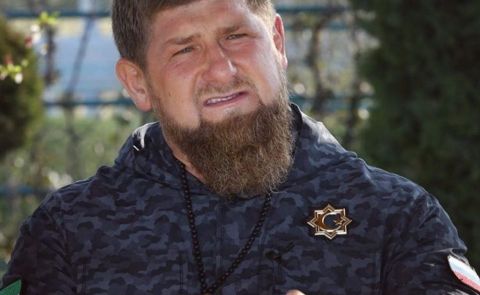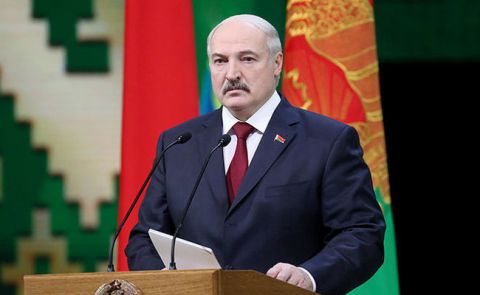
Armenian FM Discusses Refugee Crisis and Security Challenges at Warsaw Forum
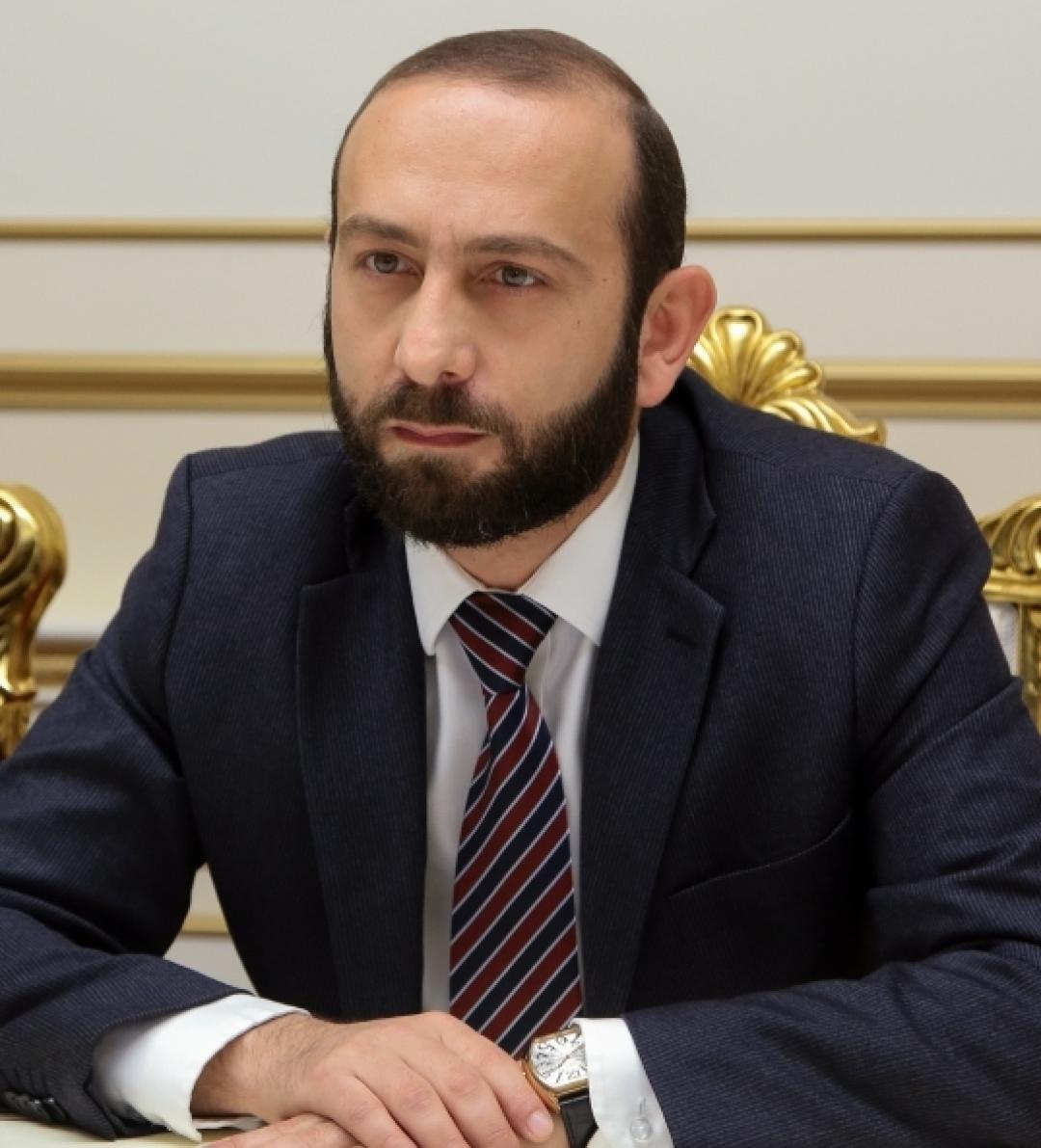
On October 2, during the high-level discussion on "World Order and Democracy: A Map for the South Caucasus" at the Warsaw Security Forum, Armenian Foreign Minister Ararat Mirzoyan discussed the challenges Armenia faces in receiving displaced persons from Nagorno-Karabakh.
He emphasized, "This was the entire population of Nagorno-Karabakh, which posed a major challenge for us... I believe that for any government, it is difficult to accept more than 140,000 refugees in 2-3 days." Mirzoyan noted that Armenia did its best to provide for the refugees' basic needs, such as shelter and food, and called for international assistance, which he appreciated. He added that the focus must now shift to medium- and long-term needs, particularly housing and employment, stressing the importance of integrating the displaced population into Armenian society if returning to their homes is not an option.
Regarding how this situation affected democratization efforts in Armenia, Mirzoyan highlighted that the 2020 war initiated by Azerbaijan, the subsequent attacks on Armenia's sovereign territories, and the influx of refugees have led to internal crises in the country. He acknowledged that some citizens questioned whether democracy could ensure national security but pointed out that the government responded by holding early parliamentary elections in 2021. According to Mirzoyan, the Armenian people reaffirmed their support for democracy and the peaceful agenda of the government, with his political party winning the elections.
Mirzoyan also addressed the growing disappointment in Armenia regarding its alliance with Russia. He stated, "For decades, the population of Armenia believed that in such situations, Russia would help us, protect us... However, we are not receiving assistance." He criticized the lack of action by Russian peacekeepers in Nagorno-Karabakh during the forced displacement of Armenians and expressed frustration over Russia's and the CSTO's inaction following attacks on Armenia's internationally recognized borders. This dissatisfaction has led many Armenians to explore other options, further deepening Armenia's ties with the European Union and the US.
While acknowledging this shift in relations with Western countries, Mirzoyan also discussed recent successes in negotiations with Azerbaijan, including the adoption of a charter for joint work on the demarcation of borders based on the Alma-Ata Declaration of 1991. However, he expressed concern over Azerbaijan's reluctance to sign a comprehensive peace treaty despite the fact that negotiations have nearly concluded. According to Mirzoyan, Azerbaijan continues to introduce new preconditions, hindering the signing of the agreement.
In his closing remarks, Mirzoyan noted Armenia's support for Azerbaijan's candidacy to host COP29 in Baku and expressed hope that this could mark a turning point in the conflict between the two nations. However, he expressed doubt regarding Azerbaijan's intentions, particularly given its narrative of "Western Azerbaijan," which refers to Armenia's territory. Mirzoyan concluded by stating, "I cannot express trust... I am not sure about Azerbaijan’s peace plans," reflecting his concerns over future military threats from Azerbaijan.
See Also

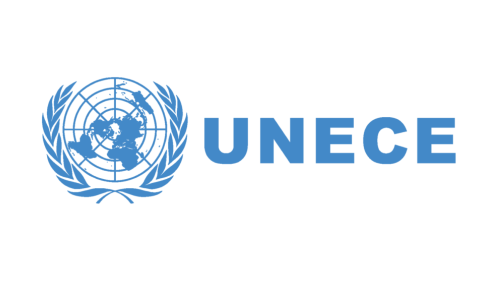
Armenia and UNECE Explore Expansion of Environmental and Economic Collaboration
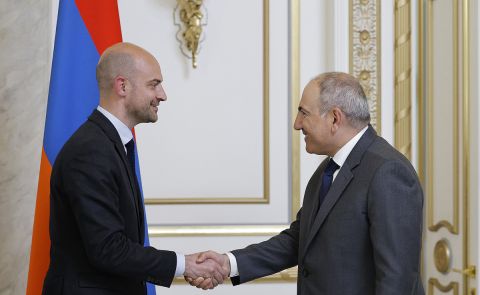
Barrot’s Visit to Yerevan: New Declaration, Military Cooperation, Investment Projects
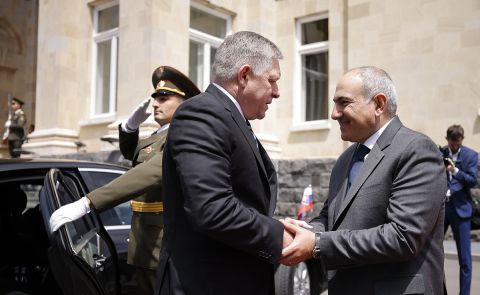
Fico’s Visit to Yerevan: EU Observation Mission, Support for Armenia-Azerbaijan Peace, Collaboration in Nuclear Energy Sector
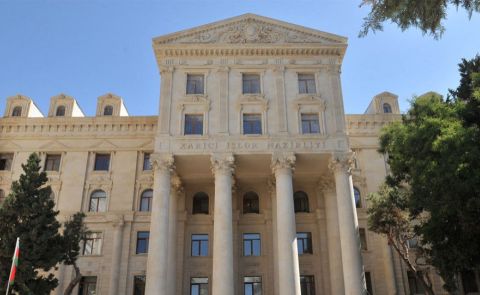
Aykhan Hajizada Criticizes Nikol Pashinyan’s Statements at Yerevan Dialogue
